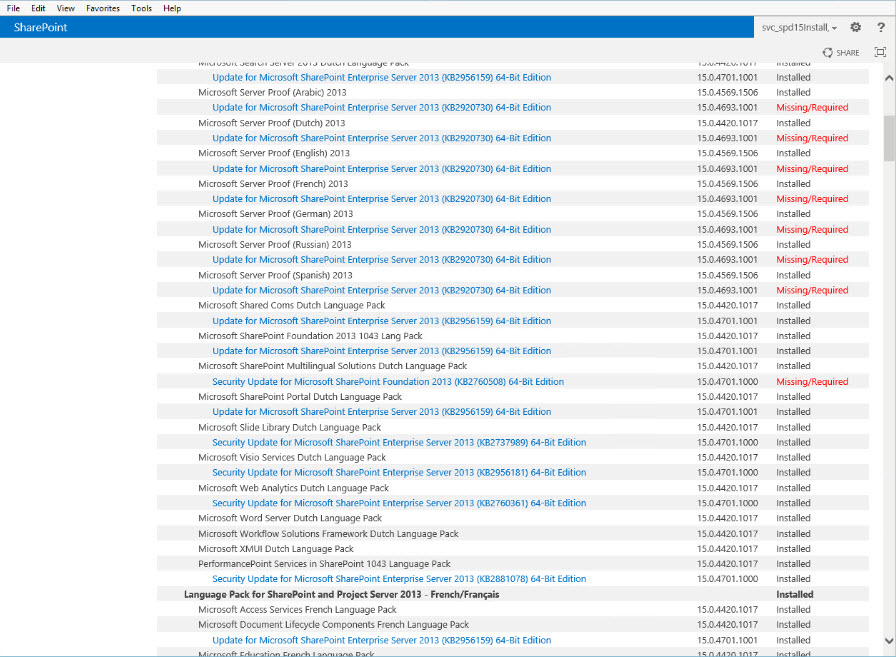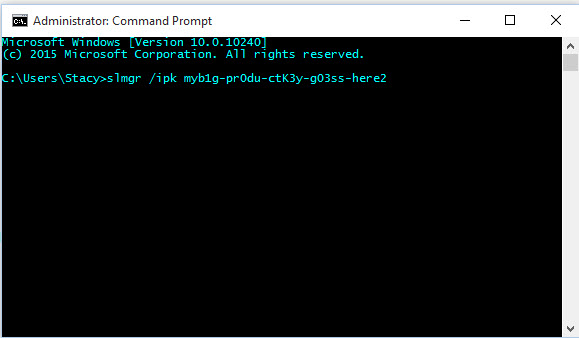The information about the settings for your PowerShell’s shell colors are stored in the object model at:
System.Management.Automation.Internal.Host.InternalHost and at
System.Management.Automation.Internal.Host.InternalHostRawUserInterface
under the PrivateData and RawUI Properties
you can see the various settings by typing
$host.PrivateData and pressing enter
PS C:\Users\Stacy> $host.PrivateData
ErrorForegroundColor : Red
ErrorBackgroundColor : Black
WarningForegroundColor : Yellow
WarningBackgroundColor : Black
DebugForegroundColor : Yellow
DebugBackgroundColor : Black
VerboseForegroundColor : Yellow
VerboseBackgroundColor : Black
ProgressForegroundColor : Yellow
ProgressBackgroundColor : DarkCyan
Or by typing $host.UI.RawUI
ForegroundColor: DarkYellow
BackgroundColor: Black
CursorPosition: 0,70
WindowPosition : 0,21
CursorSize: 25
BufferSize: 120,3000
WindowSize: 120,50
MaxWindowSize: 120,84
MaxPhysicalWindowSize: 274,84
KeyAvailable: False
WindowTitle : Windows PowerShell
Now if you don’t care for the red error text and would rather see it in green, type this
(get-host).PrivateData.ErrorForegroundColor = 'Green'
You also could have used Get-Host alias $host, like this:
$host.PrivateData.ErrorForegroundColor = 'Green'
Either way, powershell will just prompt back to normal, it will seem like nothing happened. You can verify that it worked by typing this
$host.PrivateData.ErrorForegroundColor = Green
without the single quotes and including Green.
It will result in an error, the error text will be Green with a black Error background color.
If you want to see information about the User Interface
$host.UI.RawUI | gm
If you wanted to change the background color of your current shell to black:
$host.ui.rawUi.backgroundcolor = 'Black'
press enter
cls
press enter
If you want your shell to always open up with a black background, you could create a folder in your my documents folder and name this new folder, WindowsPowerShell. Then create a .ps1 file and include these two lines of code:
$host.ui.rawUi.backgroundcolor = 'Black' cls
This channel, by Don Jones, on YouTube has really, quick and easy PowerShell tutorials on the above information and more: https://www.youtube.com/playlist?list=PL6D474E721138865A



You must be logged in to post a comment.